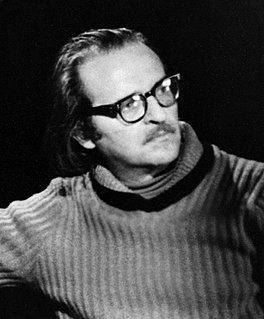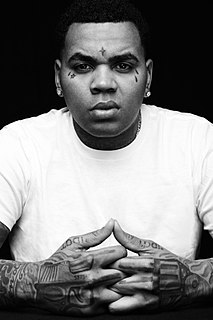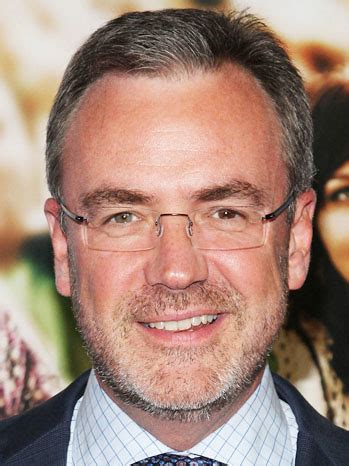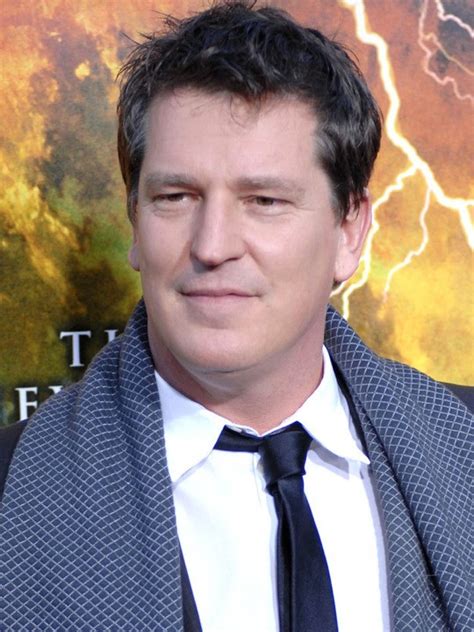A Quote by Parker J. Palmer
I want my inner truth to be the plumb line for the choices I make about my life - about the work that I do and how I do it, about the relationships I enter into and how I conduct them.
Related Quotes
I don't know how to choose work that illuminates what my life is about. I don't know what my life is about and don't examine it. My life will define itself as I live it. The movies will define themselves as I make them. As long as the theme is something I care about at the moment, it's enough for me to start work. Maybe work itself is what my life is about.
I'm not one of these guys who begins the day thinking about what kind of an impact I can have. I instead think about it as what kind of work are we going to do today, how can we make the broadcast better, how can we work as a team, how can we draw on the resources of CBS overall and use them to make the 'Evening News' that much stronger.
I didn't want the lyrics to be about specific things in my life, I wanted them to be about generalised experiences I'd had. So when I'm writing about relationships or somebody leaving you or something, a lot of lyrics are partly about failed relationships I'd had, but they were also about my Dad, and being abandoned as a kid.
The thing about education - and why I'm so passionate about the position and status of the university - is that it's supposed to teach citizens how to think better, how to think critically, how to tell truth from falsehood, how to make a judgment about when they're being lied to and duped and when they're not, how to evaluate scientific teaching. Losing that training of citizens is an extremely dangerous road to go down.
Millennials want to find meaning in their work, and they want to make a difference. They want to be listened to. They want you to understand that they fuse life and work. They want to have a say about how they do their work. They want to be rewarded. They want to be recognized. They want a good relationship with their boss. They want to learn. But most of all, they want to succeed. They want to have fun!
People do make considered choices about whether they want to fight, and how, and they do so from disparate circumstances. But I think there are two important frameworks in which those choices get made. One, their degree of immiseration. The greatest predictor of who will engage in criminal activity is poverty, which tells us that the decisions people make about how unlawful they're willing to be are decisively based in their own experience of immiseration. The second framework is that when people choose to act, they inevitably act where they are.
Listening is terribly important if you want to understand anything about people. You listen to what they say and how they say it, what they share and what they are reticent about, what they tell truthfully and what they lie about, what they hope for and what they fear, what they are proud of, what they are ashamed of. If you don't pay attention to other people, how can you understand their choices through time and how their stories come out?
We all like to think the world ends when we do. The truth is our acquaintances, our friends, and our loved ones all live on, and through them, so do we. It's not about what you had, but what you gave. It's not about how you looked, but how you lived. And it's not just about being remembered. It's about giving people a good reason to remember you.
People seem to think that my movies are so carefully coordinated and arranged - and in a lot of ways, they are - but every single time I make a movie, I feel that every director makes these choices. You make choices about your script, you make choices about your actors, and how you're going to stage it, and how you're going to shoot it, and what the costumes are going to be like, and in every single detail, you make that decision. And for me, what ends up happening is, I wind up surprised at the combination of all these ingredients. It never is anything like what I expected.


































